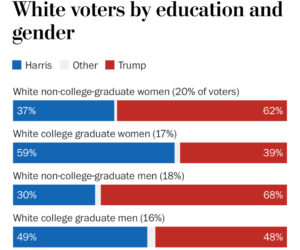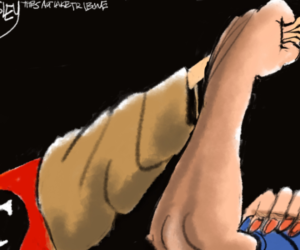What’s an Iraqi leader to do? On the one side is the United States and George W. Bush demanding a long-term security agreement that appears to infringe on Iraqi sovereignty. On the other is Iran, who could turn Iraq upside down at the drop of a hat.
According to Maria Appakova of Russia’s Novosti news service, the already highly difficult task has become nearly impossible after the recent leaking of details of the treaty Washington is pushing for.
“The most controversial paragraphs of the “draft treaty” cited by the media provide for the establishment of about 50 U.S. military bases; immunity for American troops and contractors from Iraqi laws; freedom of action for the United States in conducting arrests and taking military action without prior consultation with Iraqi authorities; control over Iraqi air space at altitudes below 9,000 meters; control over military contracts signed by Iraq and decision-making power in the security sphere for the next few years; and the right to carry out attacks from Iraqi territory against “any country that poses a threat to international stability.” That last item is certainly an allusion to Iran.
These provisions could not help but cause outrage in Iraq and beyond, but primarily in Tehran. However, American officials deny that these ideas are embodied in the draft treaty.”
READ ON AT WORLDMEETS.US, along with continuing translated foreign press coverage of the Iraq War.
By Maria Appakova
Translated By Igor Medvedev
June 9, 2008
Russia – Novosti – Original Article (Russian)
MOSCOW: Accompanied by several cabinet ministers, Iraqi Prime Minister Nouri al-Maliki has made his second visit to Tehran this year. Iranian authorities have offered strategic cooperation to Iraq, including in the military sphere.
This is happening precisely at a time when talks on a long-term security deal between Baghdad and Washington have stalled. Let’s say that this is an agreement which is absolutely not in Tehran’s interests.
This puts the Iraqi prime minister is a very difficult position. He wants good relations with Iran and the United States. Ideally, he would like treaties with both of them, but that’s unrealistic given tense Iran-U.S. relations.
But what can al-Maliki do? He can’t do without Iranian help given its influence within Iraq’s Shiite community. Iran could escalate the situation in Iraq from within at any time. But conversely, it could also reduce tensions. In any event, the Iraqi prime minister can’t afford to quarrel with Tehran.
But at the same time, he badly needs a treaty with the Americans. The U.N. mandate for the international military continent in Iraq expires on December 31, 2008. But Iraqi security forces are far from strong enough to stand without Western support and Al-Maliki can’t replace international forces with Iranian troops. Neither the United States, nor Iraq’s Arab neighbors would allow this to happen – and even if they did, it would lead to conflict with Iraq’s Sunni and Kurdish communities. When Tehran offered assistance to Baghdad, it is unlikely that Tehran had troop deployments in mind – this would be too much.
READ ON AT WORLDMEETS.US, along with continuing translated foreign press coverage of the Iraq War.

















